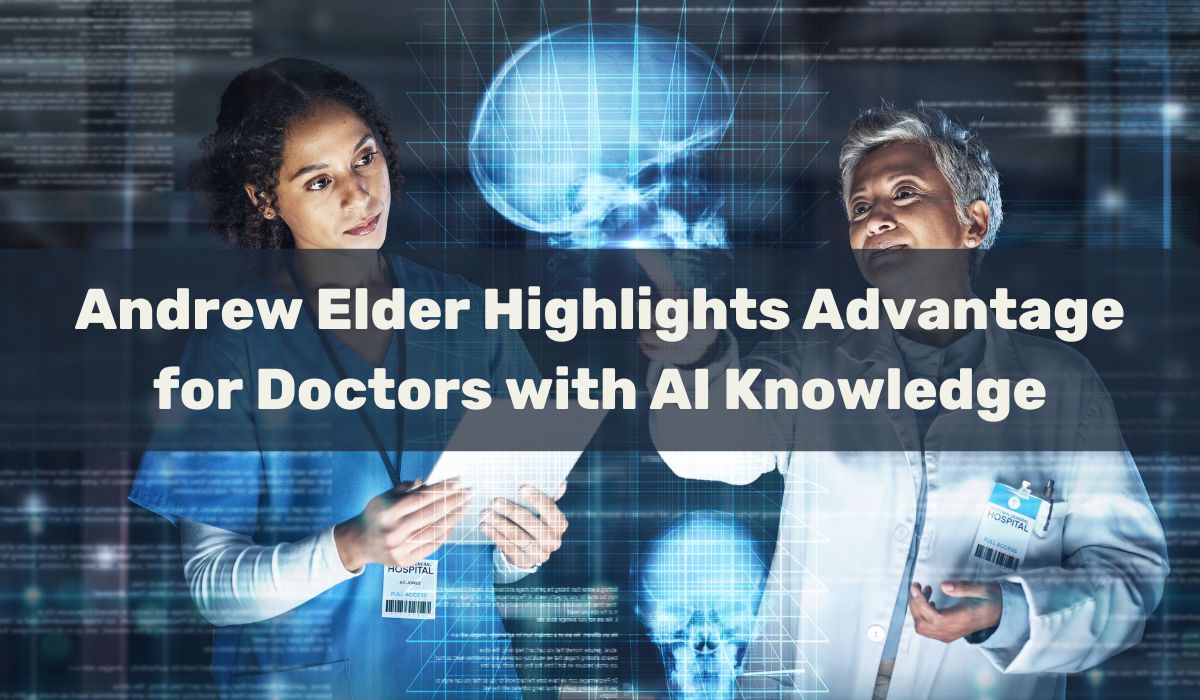
Professor Andrew Elder, President of the Royal College of Physicians of Edinburgh, emphasizes that Artificial Intelligence (AI) will not replace doctors but will instead provide a significant advantage to those practitioners who integrate AI into their medical repertoire. Speaking on the potential impact, Elder notes that AI has the capacity to enhance efficiency in various medical tasks, including diagnosis and surgery, ultimately reducing the time required for patient treatment.
According to Elder, it may take a couple of decades before AI assumes a substantial role in disease diagnosis. He underscores the enduring importance of human judgment in medical practice, suggesting that even as AI advances, the collaborative relationship between human expertise and technological innovation should be prioritized. Elder asserts that doctors embracing AI will be better positioned, stating, "The advantages of AI would be so great that a doctor who says 'I am not using AI at all' will not be as able in his practice as a doctor who uses AI."
While acknowledging the potential for a reduced number of doctors in the future due to the impact of AI, Elder does not foresee complete replacement. He clarifies that certain AI applications exist in medical procedures, including limited use in surgery, but widespread implementation is yet to be realized. Elder highlights the necessity for AI to complement human experience, expressing reservations about its ability to judge all situations without the insights gained through hands-on medical practice.
On the subject of AI's role in drug manufacturing, Elder points to its contribution to the rapid development of vaccines during the COVID-19 pandemic. Despite acknowledging AI's efficacy in narrowing down molecule selection, he notes that its overall impact in the diagnostic application during the pandemic was not as strong as anticipated. Elder concludes by cautioning against the potential risks of AI development in healthcare when led by untrained individuals, emphasizing the importance of involving those with medical expertise in steering its course.